Giuseppe Torelli, who made major contributions to the instrumental concerto and to the Bolognese repertory for trumpet and strings, forever closed his eyes on 8 February 1709. He was buried by the Confraternity of the Guarding Angel in Bologna, with the memorial service held eight days later at S. Giovanni in Monte. Known as a violin virtuoso in Italy and across Europe, he was described by his contemporaries as “a man not only of docile and humble habits but also erudite and eloquent.”
Giuseppe Torelli: Concerto musicale in G Major, Op. 6, No. 1 (Charivari Agréable; Kah-Ming Ng, cond.)
Across the Alps
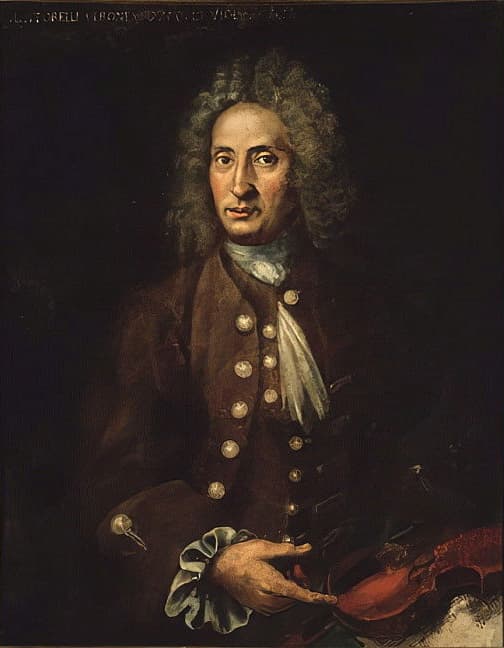
Giuseppe Torelli
Torelli originally hailed from Verona and after initial violin studies, found employment in Bologna. He officially studied composition with G.A. Perti and, by January 1696, left Bologna to find employment elsewhere. Fortunately, a professional network of colleagues and former students had established careers beyond the Alps. As such, Torelli’s musical fortunes became closely linked with a former colleague, the castrato Francesco Antonio Pistocchi.
Pistocchi had been a boy soprano prodigy and later made his career as a castrato. He even established a singing school in Bologna, but from 1696 to 1700, he was maestro di capella at the court of Ansbach. Torelli’s former student Pietro Bettinozzi also worked at the court as a violinist, and Torelli joined the happy gatherings as maestro di concerto.
Giuseppe Torelli: Trio Sonata No. 1 in G Major, Op. 1 (Berliner Barock-Compagney)
Berlin and Vienna
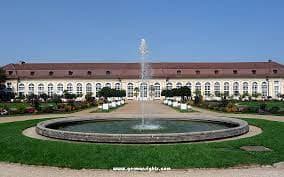
Ansbach Court
Torelli and Pistocchi went to Berlin in 1697 to perform for the Electress Sophie Charlotte, but both felt uneasy at the Brandenburg-Prussia court. Once they returned to Ansbach, the court was in financial trouble as most of the resources had been spent on military adventures.
Torelli and Pistocchi departed for Vienna at the end of 1699, and both were clearly hoping for an imperial appointment. They performed for the emperor, but in the end, the appointment wasn’t forthcoming, and Torelli longed to be home in Italy.
Giuseppe Torelli: Concerto for Trumpet and Strings in D Major
Back to Bologna
Torelli wanted to make a pilgrimage to Loreto and to drink the waters at S Marino “having been so advised by the doctors here because of my cursed hypochondria and melancholy, which torments me greatly, though I have the look of a prince.” On 5 May 1700, Pistocchi wrote that he and Torelli were returning to Ansbach, hoping to obtain permission from the Margrave to return to Italy.
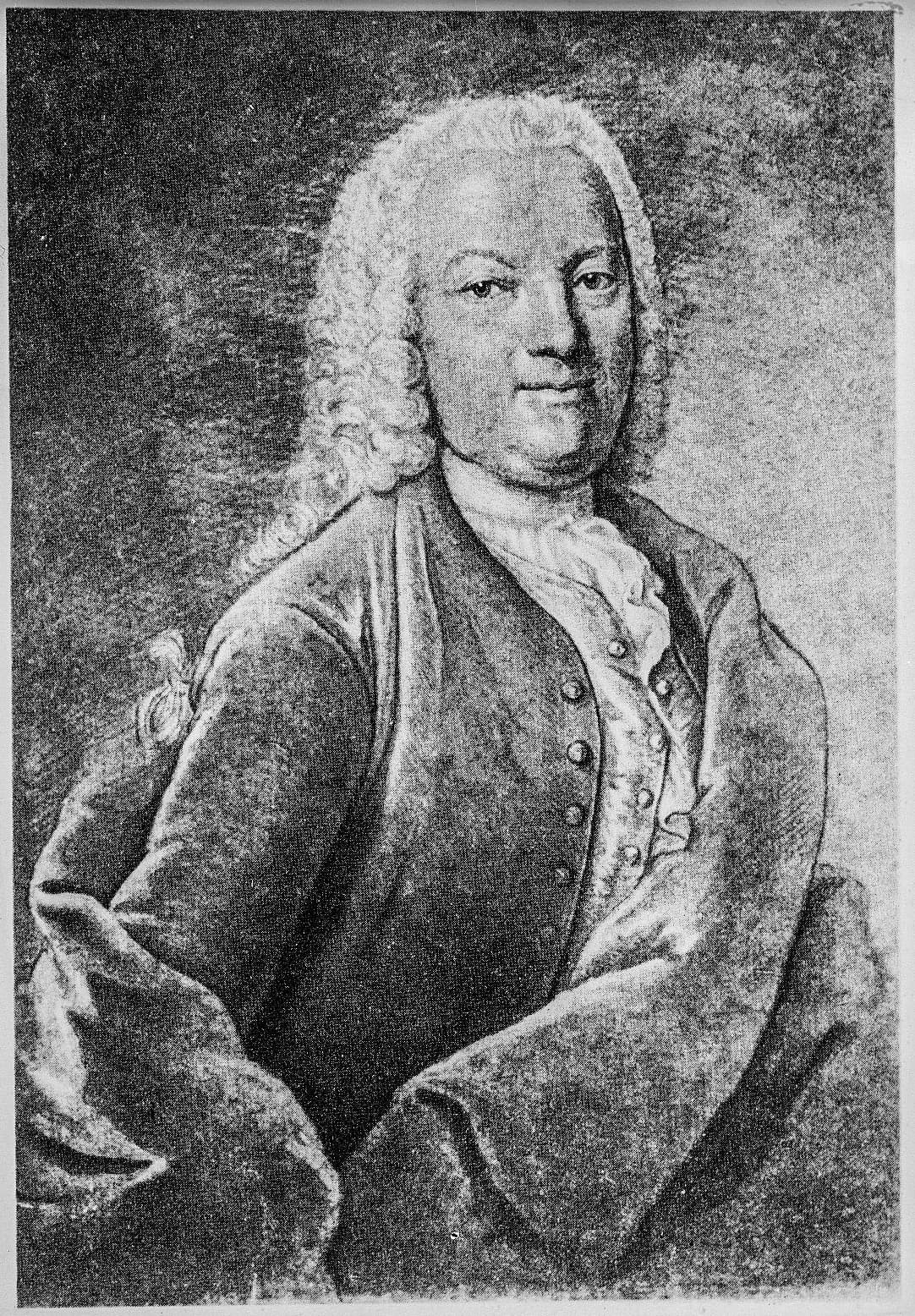
Johann Georg Pisendel
Torelli returned to Bologna as an international hero, and he spent the rest of his life as a freelance violinist. Torelli instructed countless students who would become famous in their own rights. Among them are Girolamo Nicolò Laurenti, Pietro Bettinozzi, Francesco Manfredini, and, most significantly, the future Konzertmeister at Dresden Johann Georg Pisendel.
Giuseppe Torelli: Violin Concerto in A Major (Lara Hall, violin; NZ Barok; Peter Walls, cond.)
Legacy
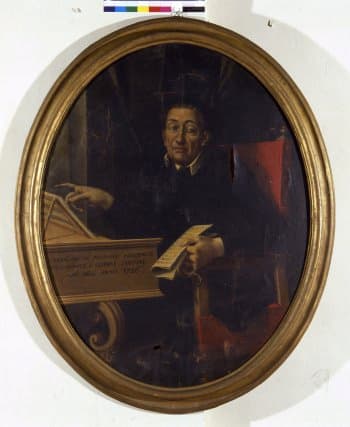
Francesco Antonio Pistocchi
Pisendel led the Court Orchestra in Dresden, the finest instrumental ensemble in Europe for a number of years. As the leading violinist of his time, Albinoni, Telemann, and Vivaldi all dedicated violin compositions to him. It has been suggested that Pisendel brought the music of his teacher Torelli to the attention of Johann Sebastian Bach, whom he personally met on a number of occasions.
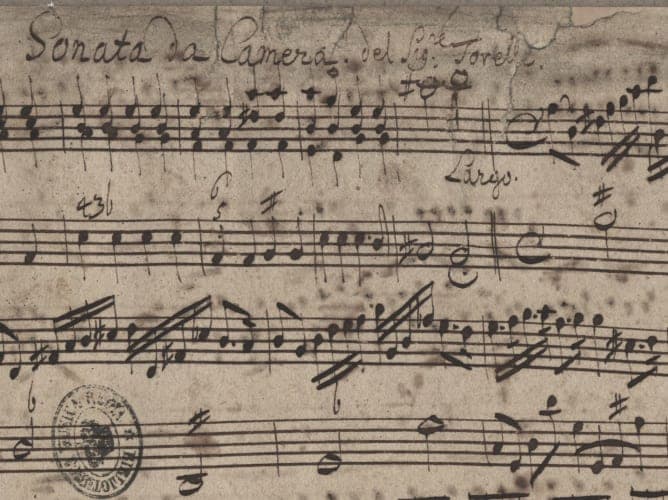
Torelli’s autograph
Torelli’s compositions did serve as a model for some movements of Bach’s works, evidenced in a variety of keyboard and vocal works ranging from Bach’s arrangement of a Torelli concerto to the “oft-revived Hunt Cantata, the sinfonia of which was later to become the first movement of the first Brandenburg Concerto.” To be sure, Torelli’s influence was still felt as late as the 1730s, but ever since, his significance as a composer has been primarily historical and not artistic. Torelli’s reputation has almost exclusively been based on his “Christmas Concerto,” but of greater significance is his Concerto Musicale, Op. 6, as it is the most significant concerto publication before Vivaldi and Corelli.
For more of the best in classical music, sign up for our E-Newsletter
